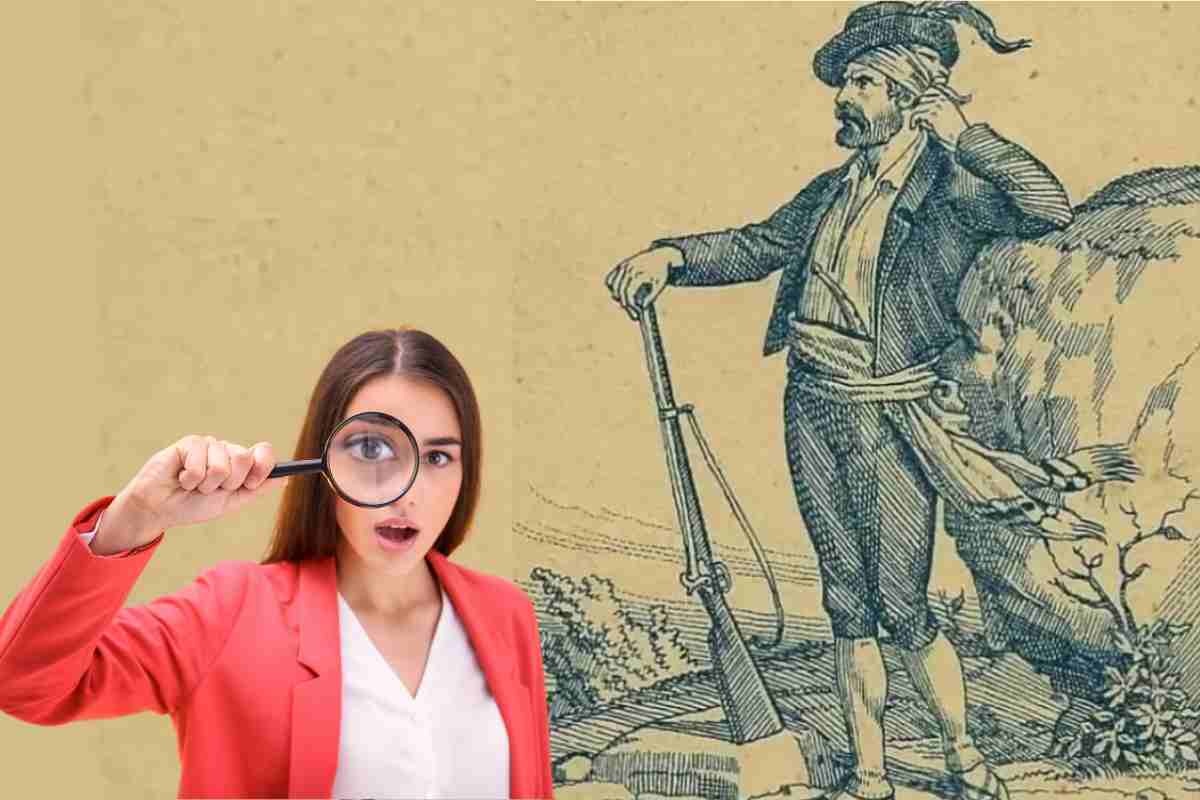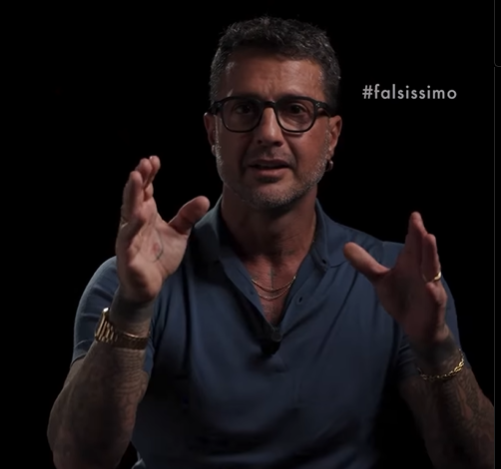
Premio Sant’Agostino Patrono di Ostia 2025: Ostia Antica inaugura l’Anno Accademico UNITRE tra memoria e cultura

La scelta dei materiali: qualità prima di tutto

One Health: una visione unitaria per la salute del futuro

Roma accende il neon: festa scintillante per l’apertura di Neon Flow, tra vip, luci pop e arte contemporanea

Premio Sant’Agostino Patrono di Ostia 2025: Ostia Antica inaugura l’Anno Accademico UNITRE tra memoria e cultura
Ostia Antica si prepara ad accogliere uno degli appuntamenti culturali e religiosi più significativi del territorio: il Premio Sant’Agostino Patrono di Ostia…

Roma accende il neon: festa scintillante per l’apertura di Neon Flow, tra vip, luci pop e arte contemporanea
C’è un nuovo indirizzo che sta facendo impazzire la Capitale, e no, non è un locale né un club esclusivo. È Neon…

SPA a Roma in autunno: scopri una delle più apprezzate oasi di benessere urbano della Capitale
Tra massaggi personalizzati, silenzio, privacy e digital detox, cresce la voglia di SPA a Roma per rigenerarsi restando in città Cambia il…

Oroscopo di Maga Elvoria: sei a un bivio e forse non te ne rendi conto. Le stelle illuminano la scelta giusta da fare entro domenica
C’è un momento nella vita in cui tutto sembra scorrere normalmente, ma in realtà sotto la superficie si muovono correnti invisibili, pronte…

La scelta dei materiali: qualità prima di tutto
Pietra naturale e marmo: la ristrutturazione di casa è per sempre. Ristrutturare casa è una scelta che guarda lontano. Che si…


























